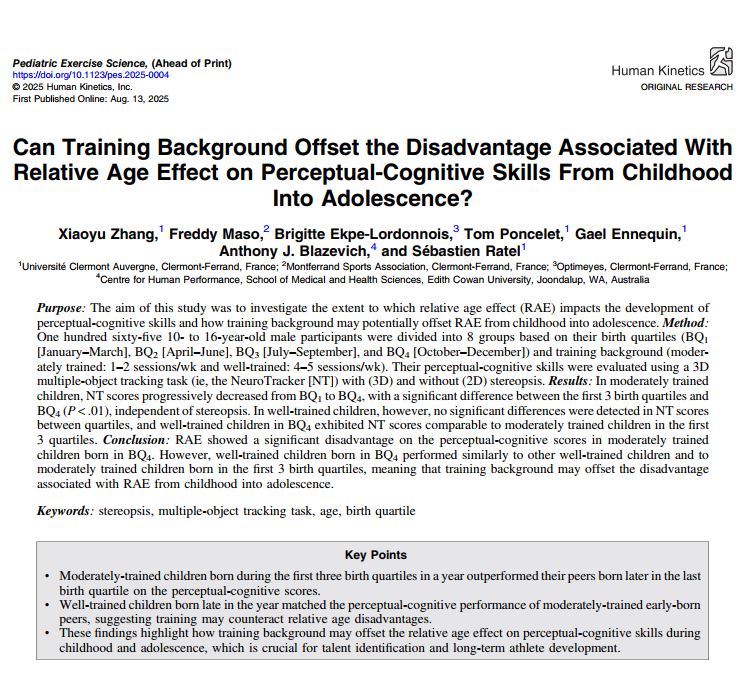Welcome to the Research and Strategy Services at in today's fast-paced.


On a par with the NFL’s Super Bowl, the Stanley Cup (La Coupe Stanley in French) is the ultimate championship title in hockey. Named after Lord Stanley of Preston (then–Governor General of Canada), it’s the oldest existing trophy to be awarded to professional sports teams. The teams vying to drink champagne out of the cup are the Washington Capitals and the Golden Knights.
4 games in, the tally is now 3-1 to the Capitals, giving captain Alex Ovechkin and the team their first chance to hoist the Cup in Game 5 on Thursday night in Las Vegas. They routed the Vegas Golden Knights 6-2 on Monday night to take a commanding lead, with the crowd chanting "We want the Cup! We want the Cup!", sensing the Capitals on the verge of capturing the title. Not since the Detroit Red Wings lost the Cup Final in 1942, has any team not won in a 3-1 position.
Neither team has ever won the cup before, and just needing one more win is tantalizing, but as right wing Capitals player T J Oshie pointed out, vigilance is required, "It can be easy in a game where you can clinch to get a little bit ahead of ourselves, but we've got a good group of leaders in the room ... and we'll be focused at the start."
The NeuroTracker team is rooting for the Capitals because they are one of the NHL teams to use the technology to train up their mental focus, decision-making and vision skills.
Capital’s goaltender Holtby puts a lot of emphasis on the vision component of hockey performance, "I do a lot of visual training in my pregame routine to warm up my eyes and keep them sharp. If you're not seeing it, nothing else matters. Your eyes are the basis of your whole game."
Holtby told NHL.com he'd already done NeuroTracker training with his old Western Hockey League goal-tending coach John Stevenson, owner of Zone Performance Psychology in Edmonton. With the advantage of results which are quantifiable and measurable, Stevenson has been using NeuroTracker to take performance to another level since 2015,
"You are literally training your brain to process information doing multiple object tracking in 3D, you are training your brain to see the playing surface at faster and faster rates. We can measure a person's processing speed or whether or not they are seeing a quadrant, it really is like weight training for the eyes and brain."
One player making great strides in his career with the Capitals is Tom Wilson, who concludes every morning skate on game days in Washington by slipping on 3D glasses and spending time on the team’s NeuroTracker system. Wilson is a big fan of the results he gets with neurovision training,
“I’ve noticed a big difference with batting pucks down, tracking stuff … If I’m looking down, my peripherals can see a red jersey, where it’s going. My dad always said, ‘If you’re going to lift a weight with your arm in the gym, why wouldn’t you go work your brain out with your eyes?’ It keeps me sharp."
With a star-studded offense in peak mental condition, we’re hoping for a great performance from the Capitals on Thursday.
If you like to learn more about how elite athletes raise their mental game, check out this recent blog.
The Anatomy of a NeuroTracker Athlete








Welcome to the Research and Strategy Services at in today's fast-paced.

Standardized testing environments combine predefined formats and time limits that narrow how knowledge can be expressed. This interpretive guide help to distinguish structural constraint from reduced cognitive capacity.

Divided attention demands can alter performance through multiple processing streams rather than reducing cognitive capacity. This article interprets how to distinguish structural allocation from diminished ability under environmental constraint.

Reduced action range can alter performance by narrowing what can be physically or perceptually executed rather than diminishing cognitive ability. This article interprets how to distinguishing structural boundaries from capacity limitation.
.png)